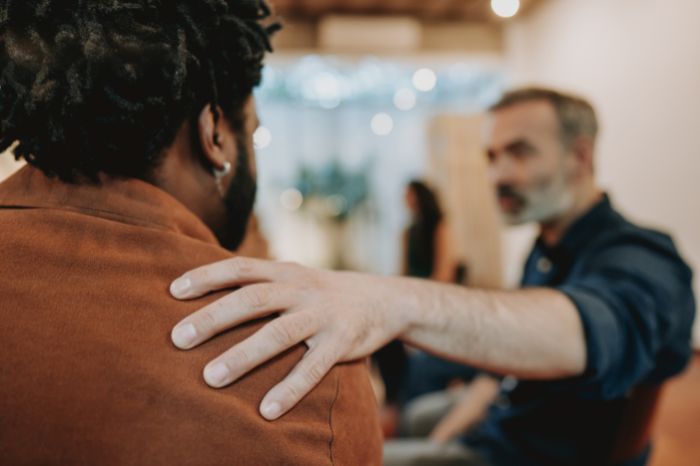- Calls to this hotline are currently being directed to Within Health, Fay or Eating Disorder Solutions
- Representatives are standing by 24/7 to help answer your questions
- All calls are confidential and HIPAA compliant
- There is no obligation or cost to call
- Eating Disorder Hope does not receive any commissions or fees dependent upon which provider you select
- Additional treatment providers are located on our directory or samhsa.gov
Cultural Considerations in Eating Disorder Treatment
 “Culture” is one of the most complex concepts in the world, a combination of values, beliefs, language, social norms, and other considerations that touch on nearly everything a person mentally [...]
“Culture” is one of the most complex concepts in the world, a combination of values, beliefs, language, social norms, and other considerations that touch on nearly everything a person mentally [...]Read More










